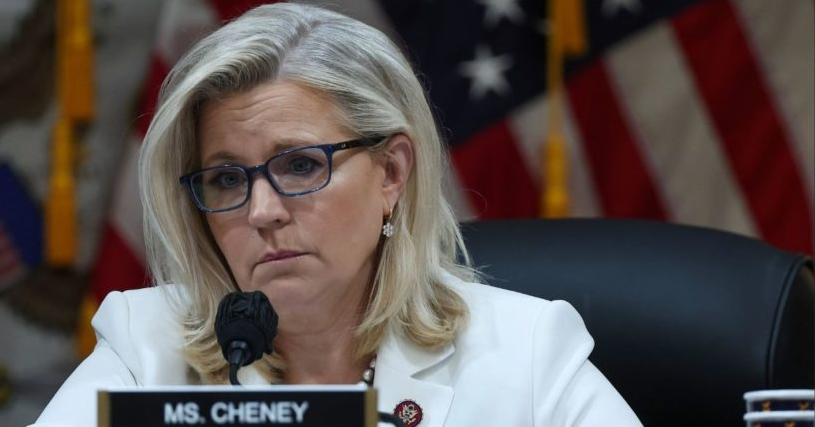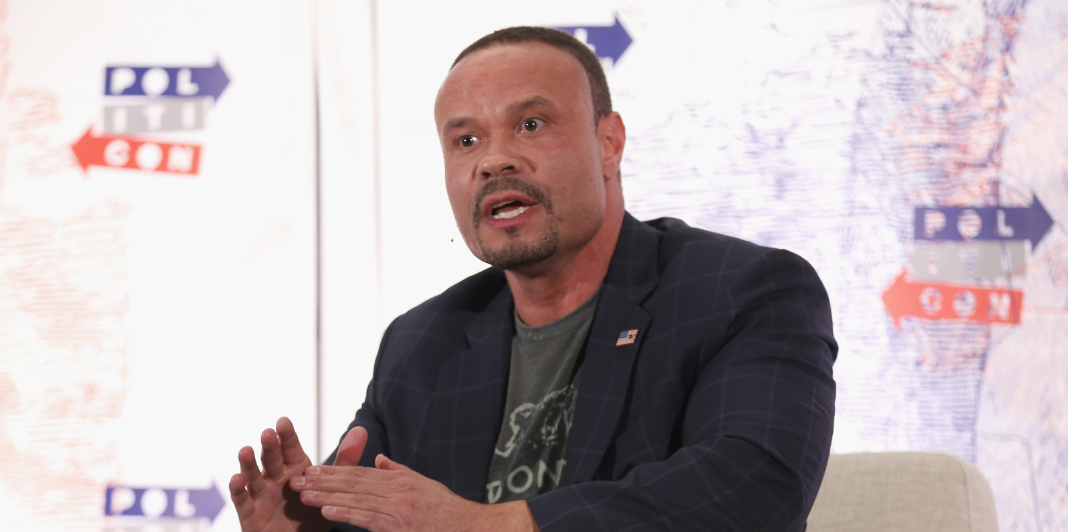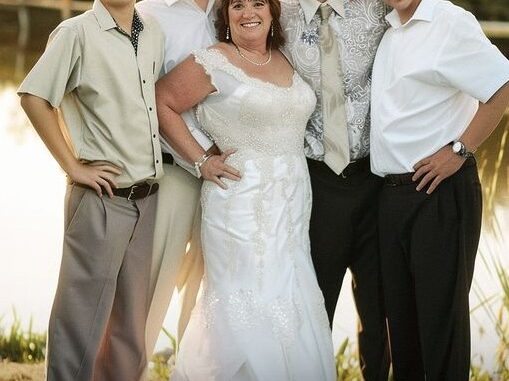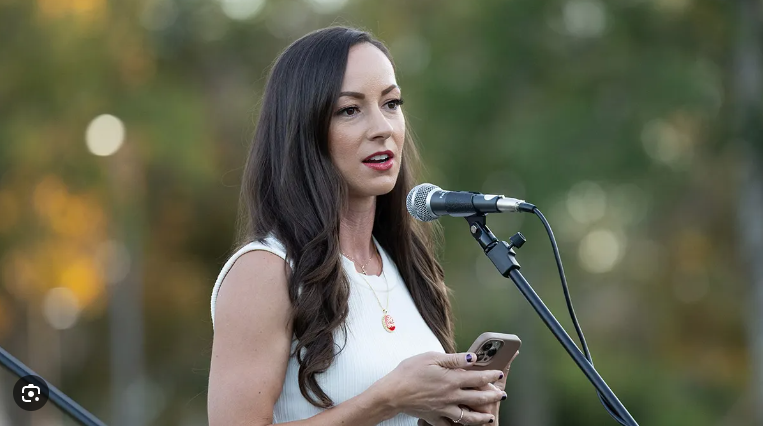Former GOP Rep. Liz Cheney is being accused of violating a legal ethics rule by being in contact with a former Trump administration official before she testified before the House Jan. 6 committee.
Republican Rep. Barry Loudermilk, chairman of the Committee on House Administration’s Subcommittee on Oversight, released text messages Tuesday that had been exchanged in 2022 between Cheney, then vice chairwoman of the Jan. 6 select committee, and Cassidy Hutchinson, who had served as assistant to White House chief of staff Mark Meadows during the Trump administration.
Among other things, Hutchinson alleged during her testimony that then-President Donald Trump lunged toward the steering wheel of the presidential limousine after his speech on the Ellipse on Jan. 6, 2021, saying he wanted to go to the Capitol.
She was not in the limousine at the time, but based her statements on second- and third-hand accounts, Loudermilk noted in a news release.
The Secret Service driver refuted her claim in testimony before the Jan. 6 committee, saying that he “did not see him reach [redacted]. [President Trump] never grabbed the steering wheel. I didn’t see him, you know, lunge to try to get into the front seat at all.
Loudermilk continued, “In the months prior to Hutchinson’s explosive private and public testimony, Cheney communicated with Hutchinson, both directly and through an intermediary — Alyssa Farah Griffin — [a former Trump aide, now a co-host on “The View”] while Hutchinson was represented by her attorney, Stefan Passantino. The Select Committee conducted six transcribed interviews of Hutchinson in total. Passantino represented Hutchinson for the first three interviews.”
After her third testimony before the committee, Hutchinson reached out to Cheney via the encrypted text app Signal and began communicating with her without her attorney’s knowledge.
George Washington University Law School professor Jonathan Turley explained on his website, “Hutchinson was represented by Stefan Passantino, who some clearly viewed as a stumbling block to getting Hutchinson to turn against Trump. Hutchinson would claim under oath that Passantino pressured her to stay ‘loyal’ to Donald Trump and coached her responses to support Trump despite her conflicting accounts.”
But text messages show that Hutchinson told Farrah Griffin, “[Passantino’s] not against me complying.” Farah Griffin reportedly responded, “I actually agree with Stefan’s approach and think it’s accomplished everyone’s goals. I am happy to tip liz off.”
Farah Griffin also texted Hutchinson that Cheney’s “one concern was so long as [sic] you have counsel, she can’t really ethically talk to you without him.
So Cheney, a member of the Washington, D.C., bar, recognized the problem. The bar’s rules of professional conduct provide, “a lawyer shall not communicate or cause another to communicate about the subject of the representation with a person known to be represented by another lawyer in the matter, unless the lawyer has the prior consent of the lawyer representing such other person or is authorized by law or a court order to do so.”
Loudermilk pointed out, “Days after Cheney began communicating directly with Hutchinson, Hutchinson fired Passantino and hired Cheney’s recommended attorneys, who agreed to represent Hutchinson pro bono,” i.e., free of charge.
With her new legal counsel, Hutchinson testified three more times before the Jan. 6 committee.
Loudermilk alleged, “Cheney’s influence on Hutchinson is apparent from that point forward by her dramatic change in testimony and eventual claims against President Trump using second- and third-hand accounts,” including the supposed Trump-lunging-in-the-limousine incident.
Loudermilk noted that Cheney wrote in her 2023 book, “Oath and Honor: the explosive inside story from the most senior Republican to stand up to Donald Trump,” that it would “compromise the Select Committee’s investigation to be seen advising witnesses and suggesting new legal representation. However, Cheney failed to acknowledge in her own book that she herself provided Hutchinson with new attorneys who would represent Hutchinson pro bono.”
But Hutchinson did acknowledge the assistance Cheney gave writing in her book, “Enough,” which came out months before Cheney’s, that the congresswomen called her and advised her to change attorneys and provided a list of recommendations.
Loudermilk summarized, “Cheney had an ethical responsibility to only communicate with Hutchinson with her attorney present. However, Hutchinson’s sensational testimony was essential to the Select Committee’s inquisition of President Trump.
“Thus, Cheney apparently defied her ethical responsibilities and communicated directly with Hutchinson behind Passantino’s back, encouraged her to fire Passantino, and even assisted Hutchinson in obtaining new representation.
Loudermilk said that Cheney and the Jan. 6 committee tried to get Passantino disbarred, arguing he had counseled his client to withhold information from the committee, but the texts between Hutchinson and Farah Griffin suggest otherwise.
Passantino told Just the News he had not authorized the contact between his client and Cheney.
“I absolutely had no knowledge at the time that Congresswoman Liz Cheney was communicating with my client behind my back — either directly, through her staff, or through cutouts,” Passantino said. “I filed suit against Congress over a year ago on these matters and had absolute confidence in my claims at the time I filed them.
“I am frankly shocked that the smoking gun documents still exist and have come to light,” he added. “I am currently examining what additional remedies may be available to me in light of Chairman Loudermilk’s remarkable investigative work.
heney, Hutchinson and Farah Griffin have all backed Vice President Kamala Harris’s candidacy and have been campaigning for her in swing states.



